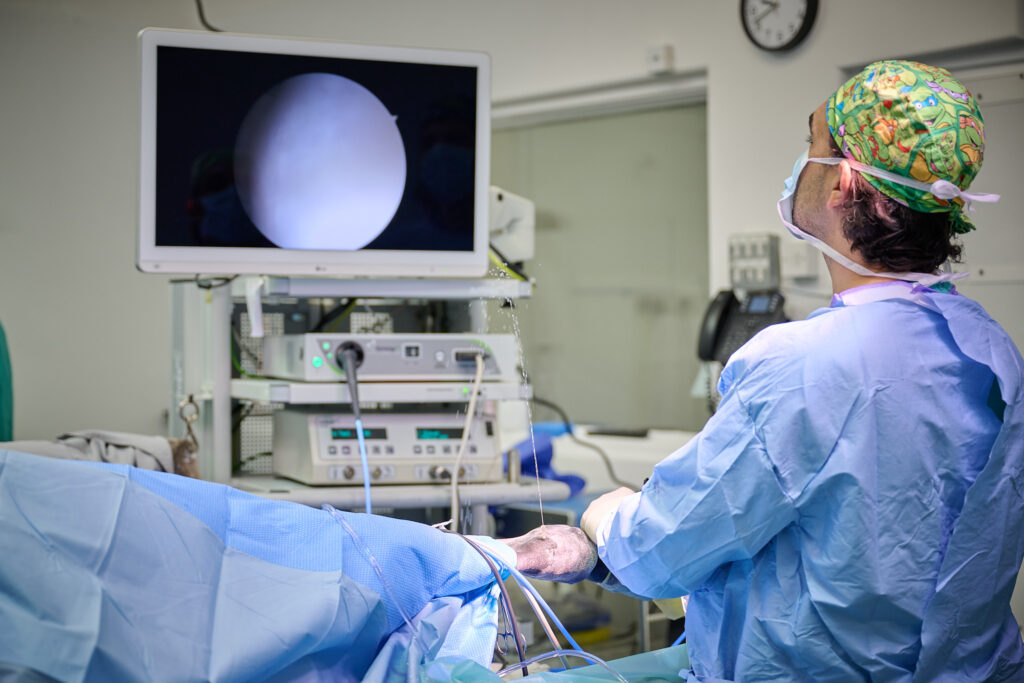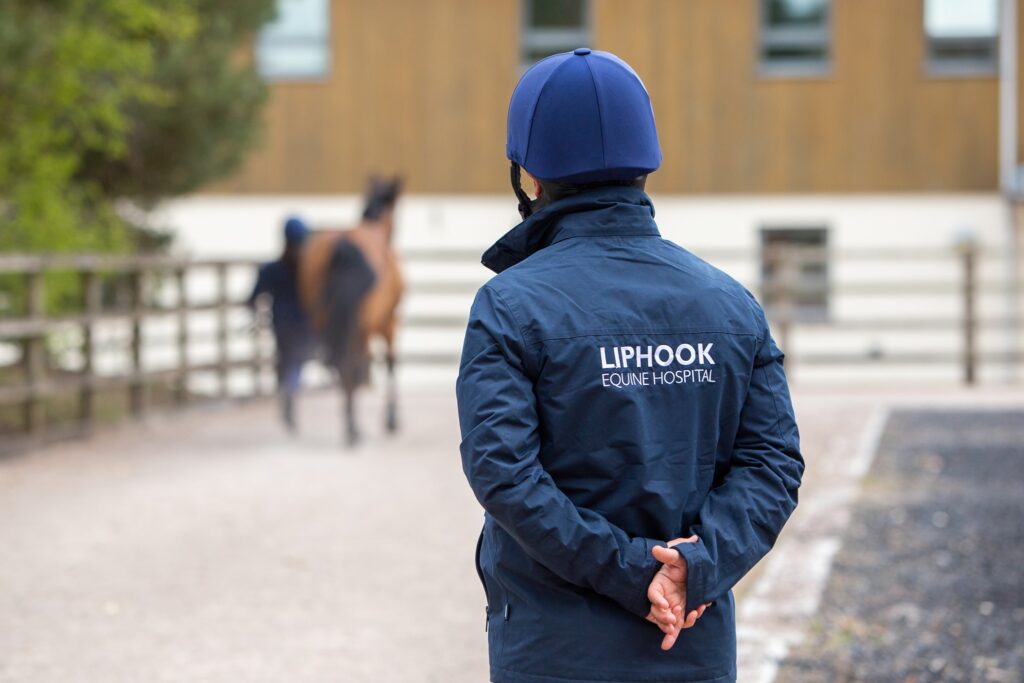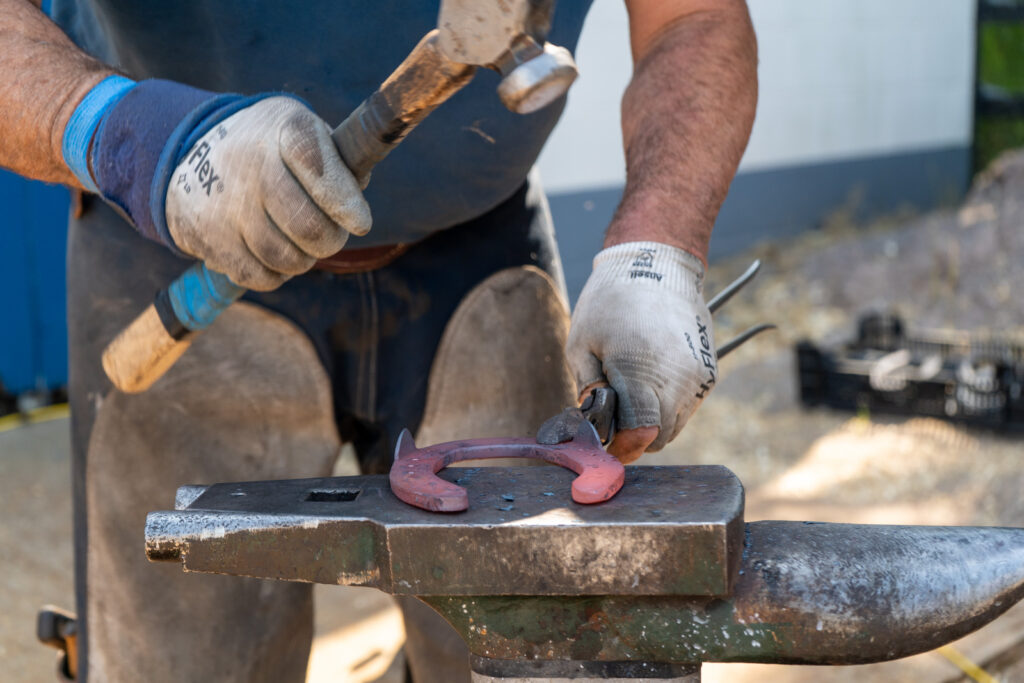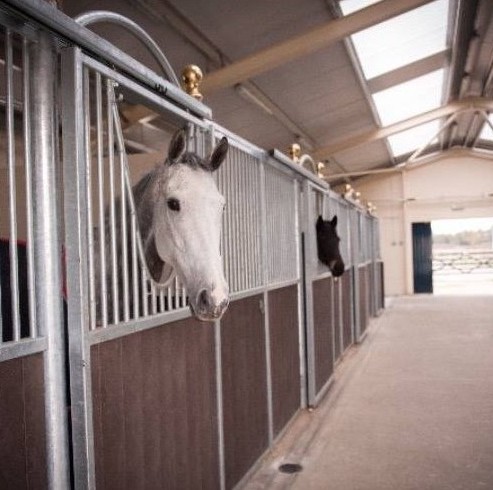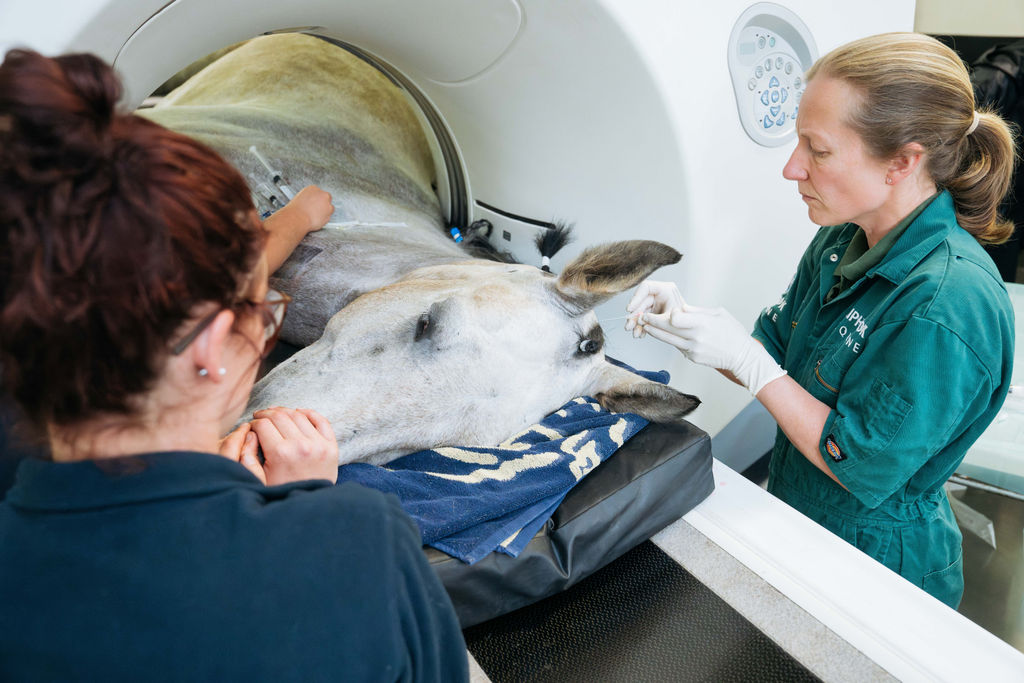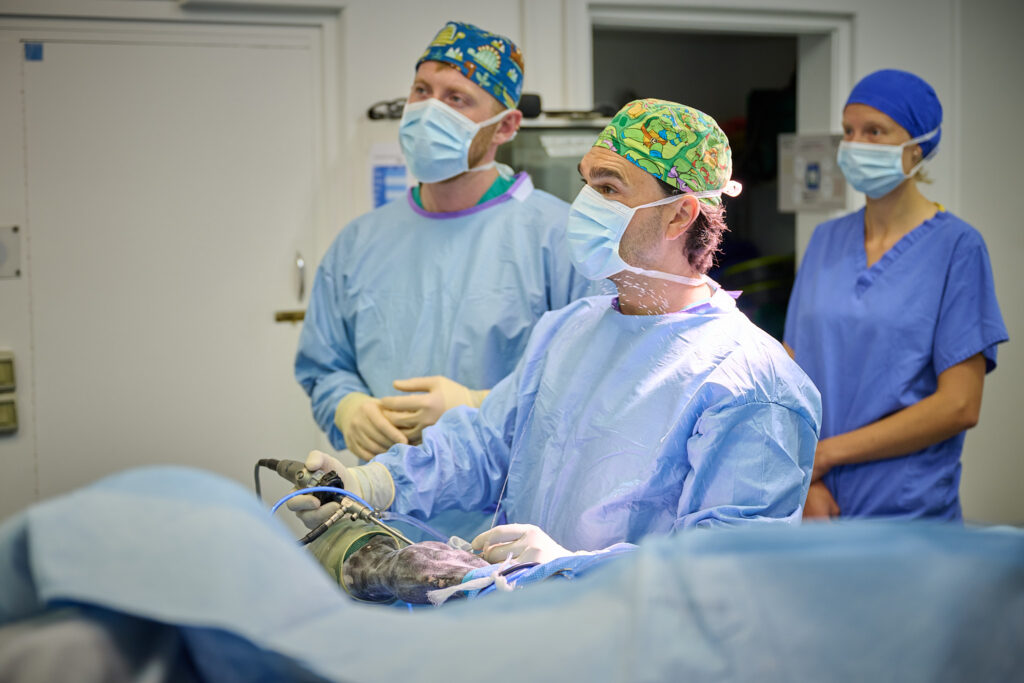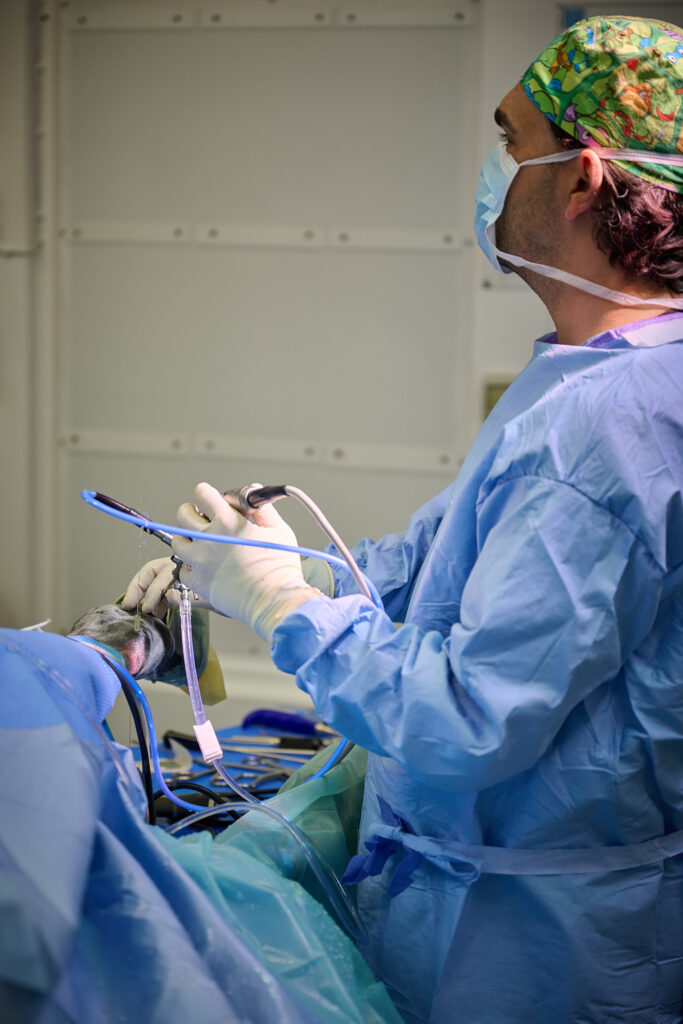Hospital facilities and services
We provide a wide range of high quality equine veterinary services and facilities at our equine hospital in Hampshire. Our RCVS and ECVS-recognised surgeons perform a diverse range of services at our premises, which is one of the busiest equine surgical units in the UK. Scroll down to learn more.
